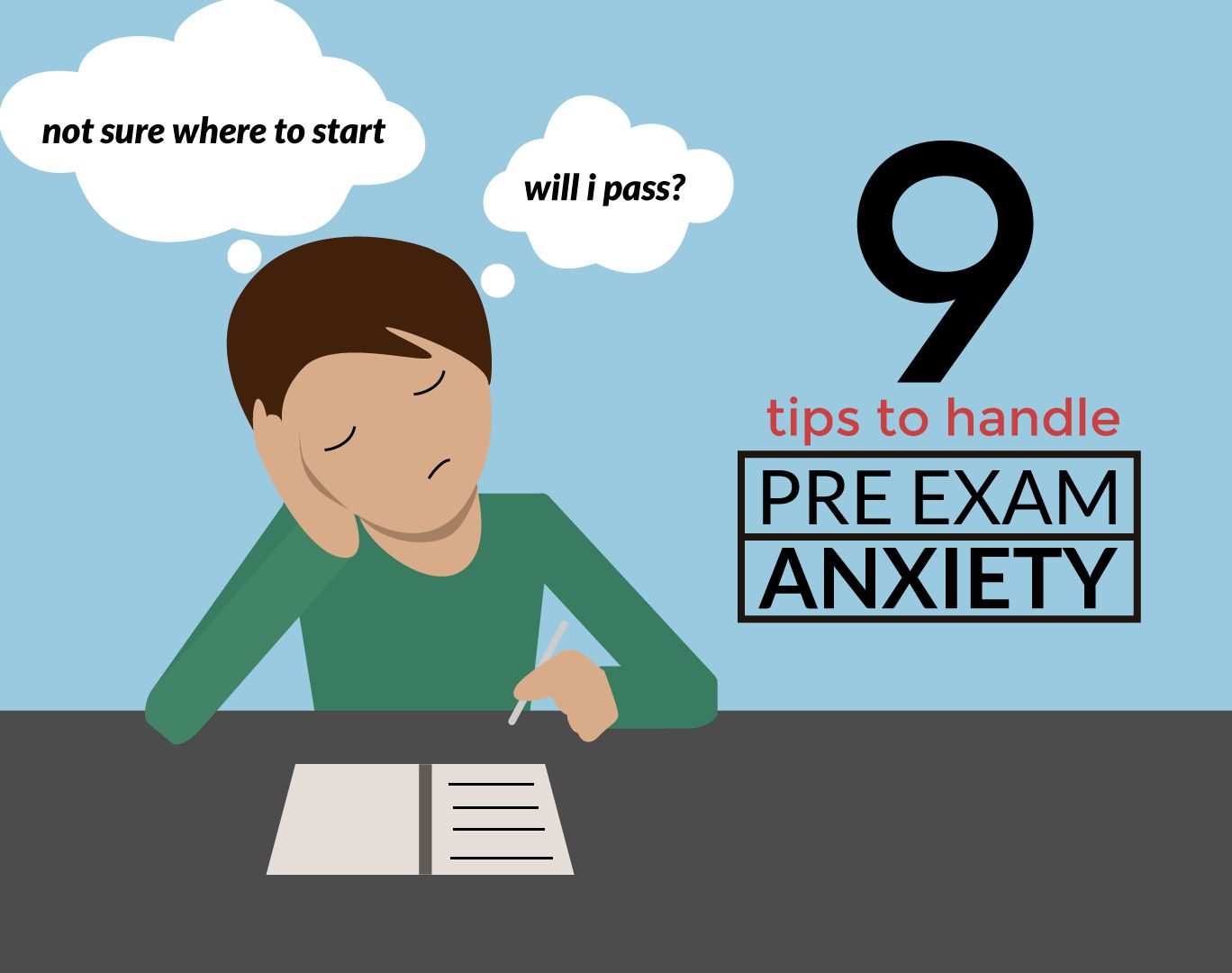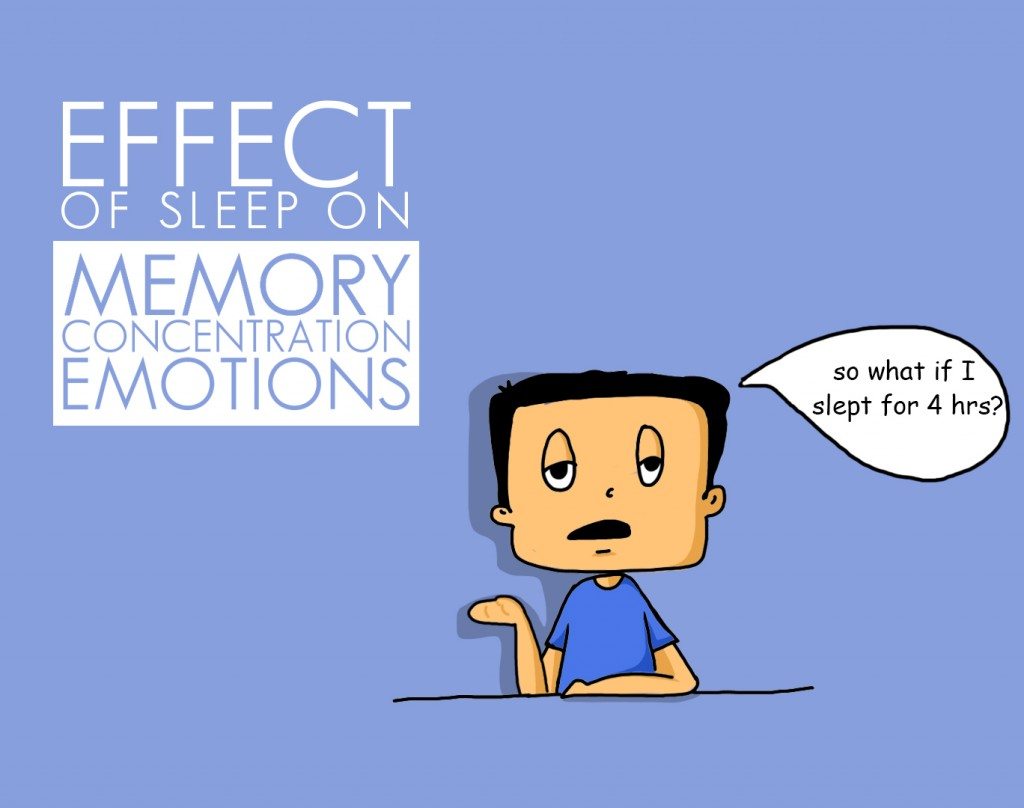If you look around you would see many people who prefer to stay up till late during the night and those who love to hit the bed early. You would have your own preference too. A lot of debate surrounds which is a better sleep-wake pattern? Research suggests that if we were to make the owl and the birdie wrestle on different aspects, the end result would be a Tie!
Night owl V. Early Bird – belonging to one of these categories depends on the sleep wake cycle a person’s brain is accustomed to and there is no good-bad or better-worse in this context.
Research suggests that our Genetic composition passed down to us through generations through DNA plays a major role in determining our sleep cycle and whether we turn to be the night owls or early birds. Biological and evolutionary perspective:
Our brain has a clock of its own, and this biological clock works on the basis of earth’s rotation and changes in the intensity of light through the day and night. This clock cycle is subject to individual differences. If you have a longer cycle, then you are likely to be a night owl, as opposed to an early bird who has a naturally shorter sleep-wake cycle.
This biological clock does undergo changes especially with the onset of puberty and the bio-chemical changes accompanying it. Many people who are early birds in adulthood would recall being night owls during their adolescence.
These variations hold evolutionary significance too. When humankind lived in caves and jungles, people had to protect themselves from the predators and so it was important for different people to guard through 24 hours. Thus, night owls as well as early birds had their time specific roles to play.
Psycho-social Implications:
Research surrounding the bio-psycho-social functioning of people with respect to these variations and some interesting findings have come forth.
Night owls tend to be more prone to depression and anxiety (due to lesser white matter in the brain restricting mobility of serotonin and dopamine), as well as stress related issues, since they are seen to have higher cortisol (stress hormone) levels.
Night owls also face issues such as overeating, as they stay up at nights and might engage in snacking and sit a lot in front of screens (tv, tablet, laptop, phones) which tends to put their weight and nutrition at stake.
However, since nightowls are more of risk takers, which is mainly due to higher cortisol levels, they tend to take more financial plunges, and make investments thus putting them at an advantage in terms of finances.
Early birds have their set of predicaments too. For instance, they tend to lose out on their energy through the day faster than the night owls and cannot function optimally for longer hours after waking up.
So, while night owls might have to put in more efforts to maintain good health and set their routine accordingly, early birds would have to engage in various exercises to enhance and sustain their energy levels for a longer duration.
Take away thoughts: When our clients ask us to help them with their schedules, I tend to ask them about whether they find themselves more active during the night or during the day time so they can adjust their routines accordingly. A lot of parents do not approve of their children studying late at night and emphasize on getting up early in the morning because that is their own preference. The need is to thus create more awareness about these variations in sleep-wake cycle and to be more sensitive and accepting towards the differences in the same.




